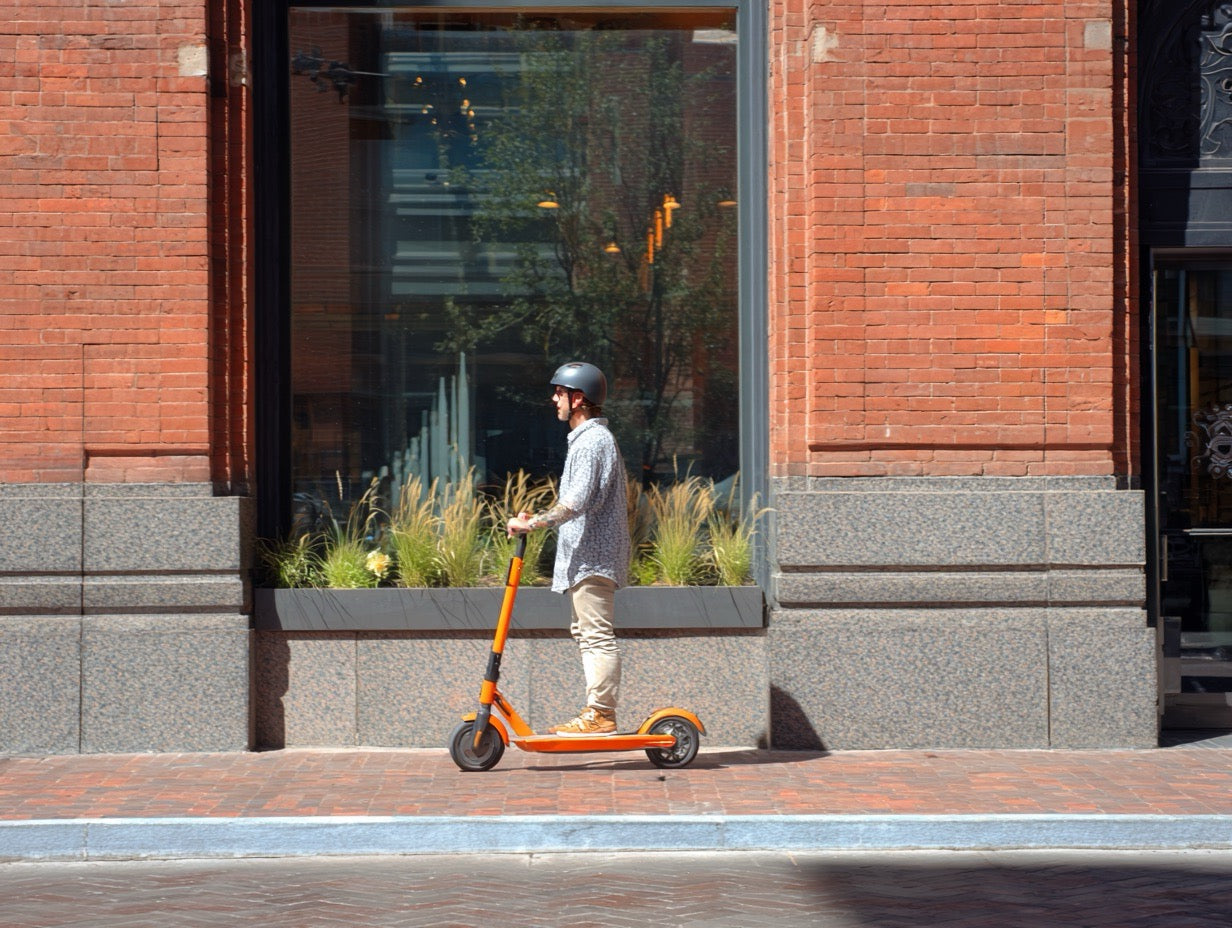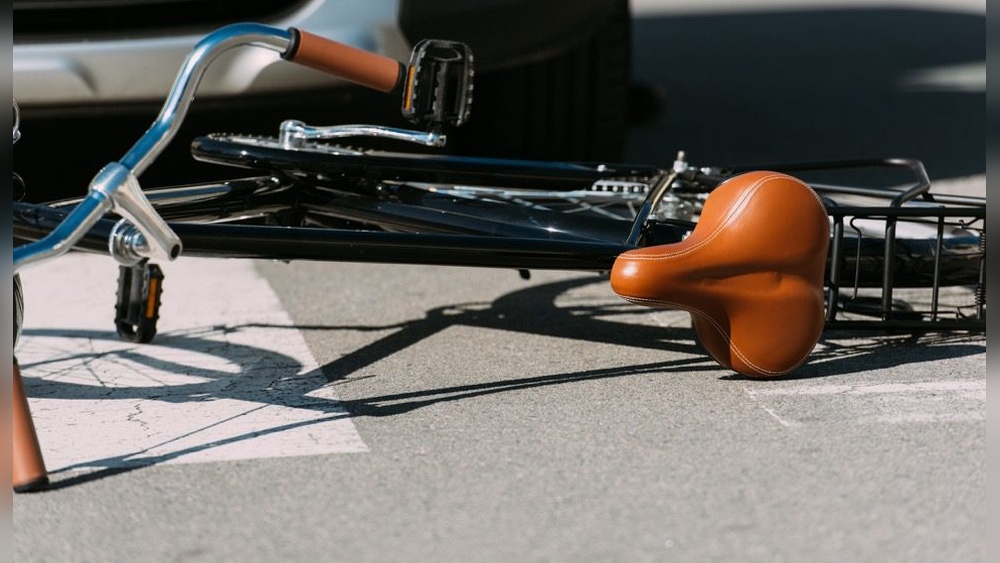If you like to ride a bike, you may wonder about laws. One question is very common:
Can you get a DUI on a bicycle in Michigan?
This is important to know. Riding a bike while drunk can be dangerous. But what does the law say? Let’s find out in simple words.
What Does DUI Mean?
DUI means Driving Under the Influence. This means you drive a vehicle while drunk or high. In Michigan, people can get a DUI if they drive a car, truck, or motorcycle while drunk.
DUI is a serious crime. It can lead to fines, jail, and losing your driver’s license.

Credit: plymouthcriminalattorney.com
Is a Bicycle a Vehicle for DUI in Michigan?
In Michigan, the law says a bicycle is NOT a motor vehicle. A motor vehicle means a car, motorcycle, or any vehicle with an engine.
A bicycle moves by your legs. It has no engine. Because of this, you cannot get a DUI for riding a normal bike while drunk.
This means: No DUI on a regular bicycle in Michigan.
What The Law Says
- The Michigan DUI law only applies to motor vehicles.
- Bicycles are not motor vehicles under this law.
- You cannot be charged with DUI for riding a bike while drunk.
What Happens If You Ride a Bicycle While Drunk?
Even if you cannot get a DUI on a bike, riding drunk is still risky. Police may still stop you and charge you with other crimes.
Possible Charges Besides Dui
- Disorderly Conduct: Acting in a way that disturbs public peace.
- Public Intoxication: Being drunk in public places.
- Reckless Endangerment: Riding dangerously and risking safety.
These charges can bring fines, jail time, or probation. So, riding drunk on a bike is not safe or legal.
What About Motorized Bikes and Scooters?
Some bikes have motors. These are called e-bikes or motorized scooters.
In Michigan, motorized bikes may be treated like motor vehicles. This means:
- You can get a DUI on motorized bikes.
- The laws for cars may apply to these motorized vehicles.
- Be very careful if you ride e-bikes or scooters while drunk.
Summary Table: Bicycle DUI Laws in Michigan
| Type of Bicycle | Can You Get a DUI? | Other Possible Charges |
|---|---|---|
| Regular Bicycle (Human-powered) | No | Disorderly Conduct, Public Intoxication, Reckless Endangerment |
| Motorized Bicycle / E-bike | Yes | DUI, Reckless Driving, Other Motor Vehicle Charges |
Why Can’t You Get a DUI on a Regular Bicycle?
- Definition of Vehicle: DUI laws apply only to motor vehicles.
- No Engine: A bicycle is powered by your legs, not an engine.
- Legal Terms: The law defines motor vehicles clearly.
Because of these reasons, bicycles do not fall under DUI rules.
Is Riding a Bicycle Drunk Safe?
Even if the law does not give you a DUI, riding drunk is unsafe.
- You may fall or crash easily.
- You can hurt yourself or others.
- You may still get other charges from police.
It is best to avoid riding a bike if you are drunk.

Credit: dgmoorelaw.com
What Should You Do If You Are Drunk?
Here are some safer choices:
- Walk: Walk your bike or walk to your home.
- Call a Cab or Ride Service: Ask for a safe ride home.
- Ask a Friend: Get help from someone sober.
These options keep you and others safe on the road.
How Do Other States Handle DUI on Bikes?
Some states say yes, you can get a DUI on a bike. Others say no.
For example, states like Florida, Georgia, and Hawaii allow DUI on bikes.
Michigan is different. It does not treat bicycles as vehicles for DUI.
Important Things to Remember
- Michigan law does not allow DUI charges for regular bicycles.
- Riding drunk on a bike can lead to other serious charges.
- E-bikes and motorized bikes are treated like motor vehicles.
- Always ride sober to be safe and follow the law.
Final Thoughts
Can you get a DUI on a bicycle in Michigan? No, if it is a regular bike.
But riding drunk can still cause trouble. You may get other charges or hurt yourself.
If you use a motorized bike, you could get a DUI.
Always be careful. Choose safe ways to get home if you drink. It is better for you and everyone else.




